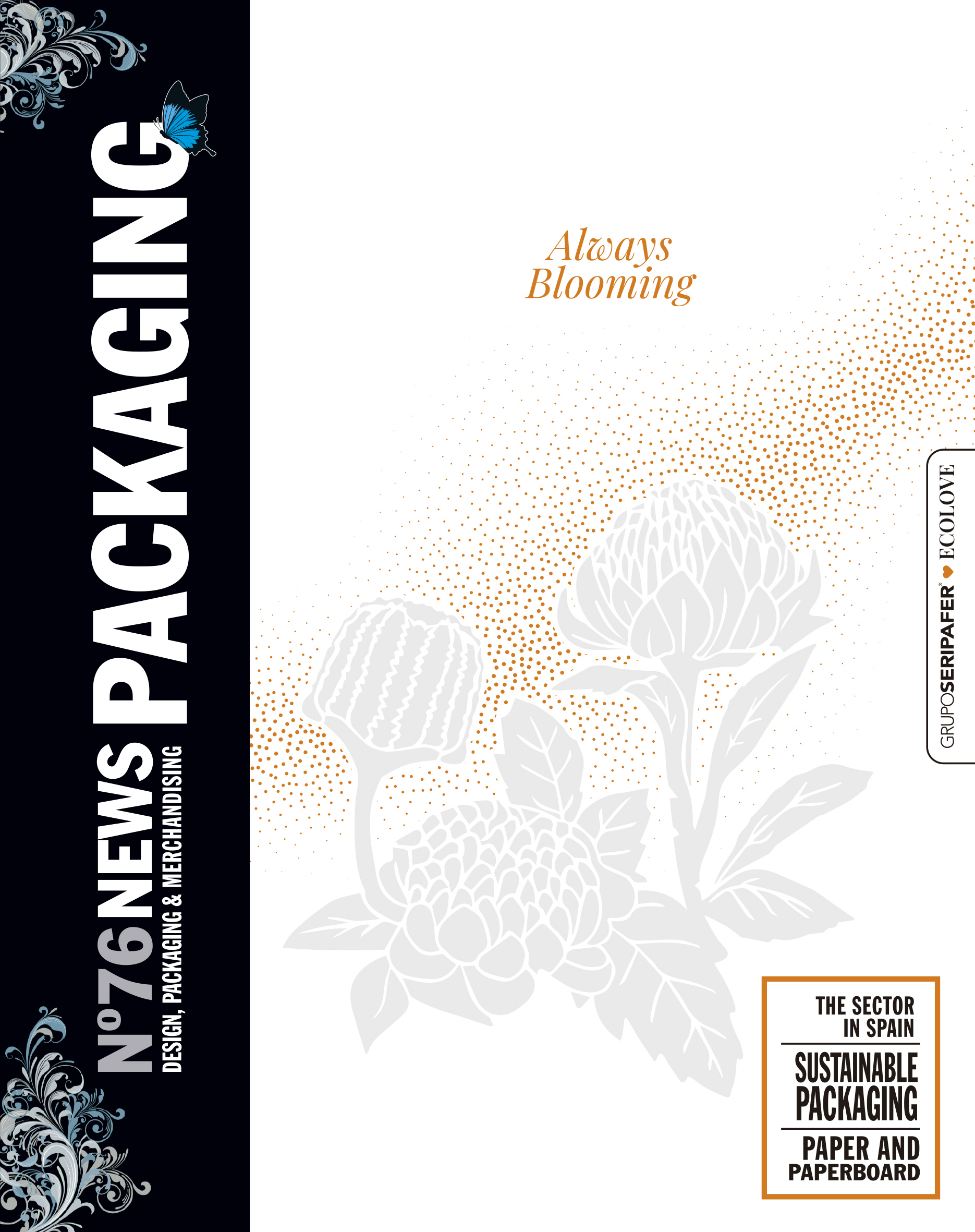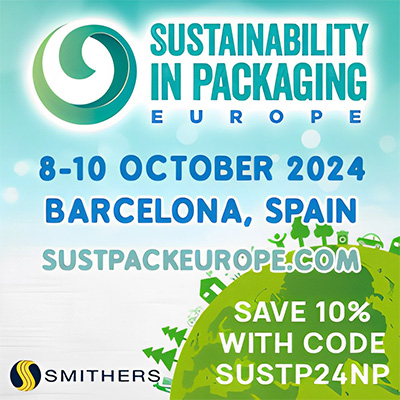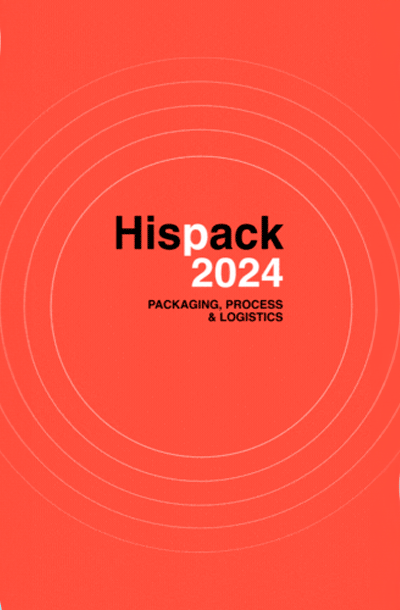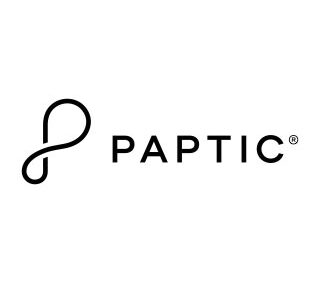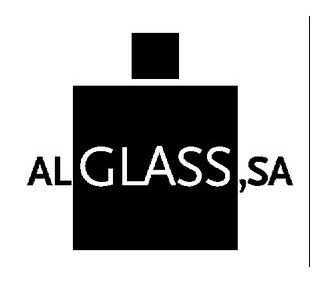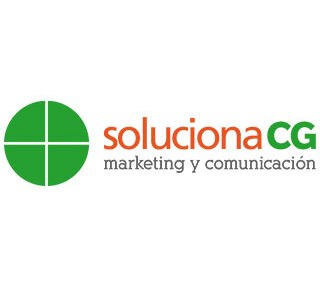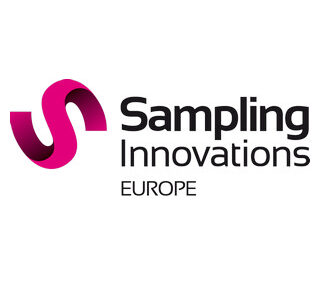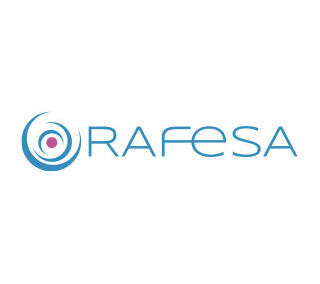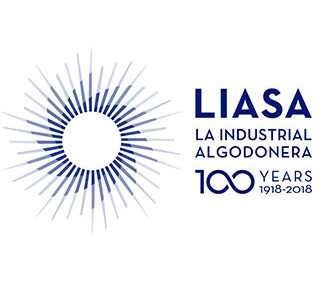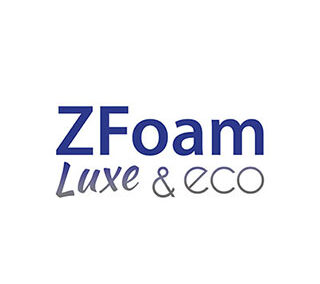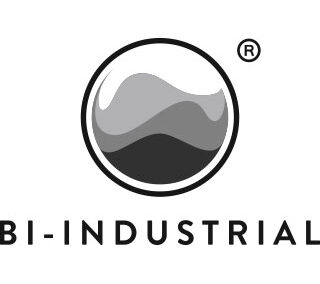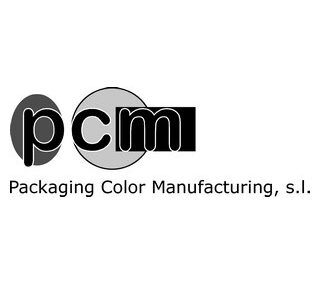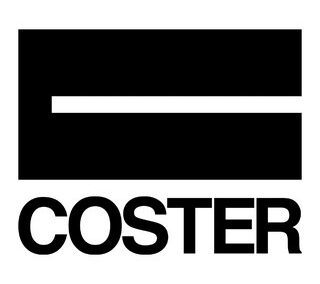Hi Cone, a leading company in the production of grouping systems plastic rings for the beverage industry, has published a series of sustainable recommendations, with the aim of helping consumers better understand recycling processes and encouraging them to recycle more frequently.
Hi Cone recently performed a report on The State of Plastics Recycling 2020 to know the reality of the habits and beliefs around plastic recycling in consumers and thus contribute to greater sustainability. To do this, it relied on a survey carried out by YouGov in four markets (Spain, the US, the United Kingdom and Mexico).
Hi-Cone Tips Did you know ...
1. If you don't know, ask. According to the Hi-Cone report, more than 50% of Spaniards consider recycling according to what type of plastics difficult to understand and recognize that, if they had more information, they would recycle more frequently.
2. You don't recycle as much as you thought. 82% of Spaniards admit not recycling as much plastic as they should. Although the packaging industry is taking the first steps to develop and implement a plastic with less impact, it is necessary that this commitment reach the end of the chain: the consumers.
3. If you recycle outside, do it inside too. The analysis of The State of Plastic Recycling places the Spanish with 89% as those who recycle the most in public spaces, ahead of the British, Americans and Mexicans. A figure that dropped to 73%, when household recycling was analyzed.
4. Plastic, made from recycled material, is less harmful to the environment than other materials, according to a product life cycle analysis (LCA) conducted by Franklin Associates, an environmental consultancy based in Kansas (USA). ). The company has compared the impact of plastic and cardboard, showing that recycled plastic generates 89% less waste and 77% less CO2 emissions than cardboard.
5. The million dollar question: Which packaging is more sustainable? The Hi-Cone report also received expert opinion from the UK. There they were able to assess the true impact of plastic from the Grantham Center for a Sustainable Future at the University of Sheffield. As Sarah Greenwood explains, “if plastic containers were replaced by alternatives, the weight of the container would increase 3,6 times. Energy consumption would increase 2,2 times, and carbon dioxide emissions would increase by 2,7% ”.
6. It is in your hand. Reduce, Reuse and Recycle. According to Jennifer Perr, Director of Sustainability at Hi-Cone: "We have to stop seeing plastic as a waste and start seeing it as a resource." The key, he explains, is to “reduce the amount of virgin plastic, reuse as much material as possible both in the production process and in homes, and improve consumer recycling practices, as well as advance the existing infrastructure to be able to handle a greater variety of plastics ”.
7. Plastic and circular economy. This health crisis is highlighting the importance of plastic in our lives. The same Hi-Cone report points out some of its advantages “it has enabled medical innovation. It has also saved energy by providing high performance insulation, and has saved fuel and reduced emissions by lightening the weight of cars, trucks and airplanes. " But this is no excuse for indiscriminate use of this material. The Ellen McArthur Foundation, the pioneer ideologist of the concept of circular economy, does not propose the elimination of plastic as a solution, but rather its reuse. "Our vision is that 100% of plastic products must eventually be recycled and used as PCR to manufacture new products," they explain from the foundation.
8. Take advantage of the time. Learn to recycle. This period of confinement may be the best time to adopt new practices and show, even little by little, a more authentic commitment to the environment by learning to recycle correctly.
The report on the status of plastics recycling is available www.hi-cone.com/sustainability

